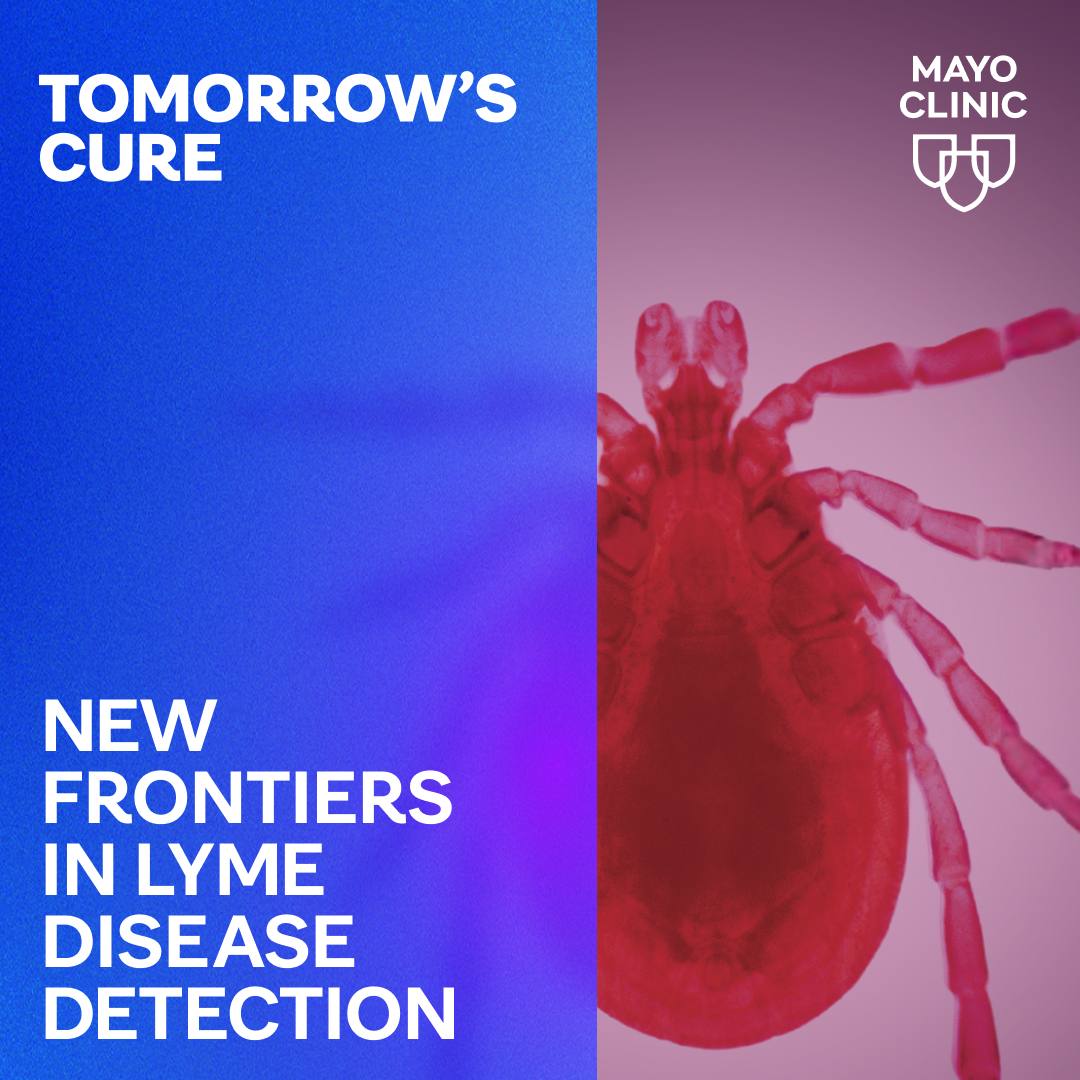-
Mayo Clinic discovery is first step toward new bacteria-based constipation treatment

ROCHESTER, Minn. — Genetically engineered bacteria are showing promise as a new treatment for constipation, researchers at the Mayo Clinic Center for Individualized Medicine have discovered in a mouse study. The finding is significant in part because there are few approved constipation remedies on the market. The research is published in Cell Host & Microbe.
Because the community of bacteria found within the stomach and intestines — known as the gut microbiome — is unique to each person, generic probiotics don’t work for everyone. Probiotics are live bacteria that can aid in digestion.
The genetically engineered bacteria in the Mayo study produced large amounts of the chemical tryptamine. This chemical helps food pass through the intestines with potentially less risk of side effects than other constipation drugs.
“Tryptamine is similar to the chemical serotonin, which is produced in our gut," says lead author Purna. Kashyap, M.B.B.S., associate director of the Center for Individualized Medicine Microbiome Program. "In this study, we found tryptamine can activate a receptor in the mouse gut that normally responds to serotonin, causing increased secretion of fluid from the lining of the colon. Bacteria can direct the colon to secrete water via tryptamine acting on a host receptor in mice. This accelerates the movement of food through the digestive system."
For decades, people with constipation have often been advised to change their diets, but that hasn’t worked universally because everyone is unique in terms of their genes and microbiome, Dr. Kashyap says.
“These synthetic bacteria spur transit of food through the digestive system without messing with diet and microbes,” he says.
Bacterially produced tryptamine quickly degrades in the intestine and does not appear to increase in the bloodstream. That reduces the risk of side effects outside the gastrointestinal tract. Other drugs for constipation can affect different areas of the body, including the heart.
“Our goal with this research is to find treatments that act only in the GI tract without creating problems in other parts of the body,” Dr. Kashyap says.
The findings are also important to the study of gastrointestinal disorders such as irritable bowel syndrome.
Additional preclinical studies will be done to verify the findings: A clinical trial with humans is likely at least three years away, Dr. Kashyap says.
Study funding comes from the Mayo Clinic Center for Individualized Medicine, Mayo Clinic Department of Gastroenterology and Hepatology, and National Institutes of Health grants DK100638, DK111850, DK114007 (PCK), NIDDK K23 103911 (MG), as well as the Global Probiotic Council.
Yogesh Bhattarai, Ph.D., from Mayo Clinic is an additional author on this study.
###
About Center for Individualized Medicine
Mayo Clinic Center for Individualized Medicine discovers, translates and applies new findings in genomic research into individualized medicine products and services for patients everywhere. Learn more on the Mayo Clinic Center for Individualized Medicine website.
About Mayo Clinic
Mayo Clinic is a nonprofit organization committed to clinical practice, education and research, providing expert, comprehensive care to everyone who needs healing. Learn more about Mayo Clinic. Visit the Mayo Clinic News Network.
Media Contact:
- Susan Buckles, Mayo Clinic Public Affairs, 507-284-5005, newsbureau@mayo.edu







